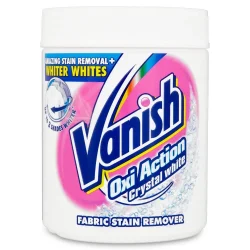Hey guys,
I need help
1. How do we keep our Taekwondo uniforms free from stains?
2. What tools do I need to keep my uniform from yellowing b/c of sweat or deodorant stains?
I would appreciate your help at your earliest convenience, thank you.
For most folks, yellowing via sweat stains won't be an issue - while the entire uniform may get less white over time, specific sweat stains won't form. There are some folks whose body chemistry causes yellowing at armpits, etc. I seem to recall a vinegar soak helps that, but I'd have to go back and search for that to be sure.
In any case, the answer will vary, based upon the uniform. Cotton shrinks, so if it's the right size, you don't want to wash on higher temps. Some synthetics will retain more smells if washed on hot (it can actually set the odor in the fabric). If the uniform is entirely white (no edging, no patches, etc.), then some of the whitening solutions can be useful if used a couple of times a year. If you have any non-white (again, edging or patches) then I'd avoid those, as some will turn red into pink and black into grey in a single wash. Avoid bleach (except as a very occasional fix for an entirely white uniform) because it weakens the fabric.
Generally, if you wash the uniform after EVERY class (please don't be the guy who waits until you think it stinks - your partners thought so 3 classes before you did) and make sure it dries fully (whether you hang it to dry or use a dryer), it will stay fresh and clean looking. Keep a stain stick or similar near the laundry area, and treat any stains as soon as you get home.
As others have said, have more than one uniform. I usually only had two in my bag - my primary (the newest) and one of my old ones, in case the primary didn't get cleaned in time - and maybe one or two other old ones lying about at home. Having more than one will avoid the temptation to wear the dirty one if you forget to wash.

